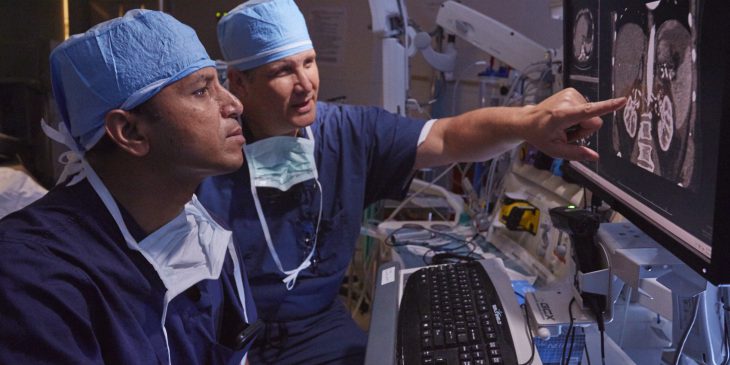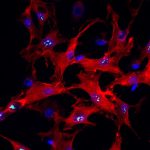Researchers at UPMC and the Starzl Transplantation Institute at the University of Pittsburgh School of Medicine have embarked on a bold new approach to eliminate the need for anti-rejection medications in patients undergoing organ transplantation.
Led by Dr. Abhinav Humar, chief of transplantation at UPMC and clinical director of the Thomas E. Starzl Transplantation Institute, and Dr. Angus Thomson, distinguished professor of surgery and immunology at Pitt’s School of Medicine, the trial is being conducted with patients undergoing a living donor liver transplant.
Funded by the UPMC Immune Transplant and Therapy Center, the trial is featured in a recent New York Times article.
Using a specific immune cell derived from the organ donor – called a regulatory dendritic cell – the researchers hope to train the recipient’s immune system to fully accept the transplanted organ. If successful, the trial would mark a significant milestone in the quest for what has been considered the Holy Grail of transplantation – eliminating the need for lifelong immunosuppressant medications, which have significant harmful side effects.
The animations below describe how immunosuppressant medications can help prevent organ rejection and how donor-derived immune cells can reduce or eliminate the need for these drugs.
Learn more about UPMC’s Living Donor Liver Transplant program.









